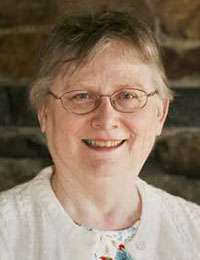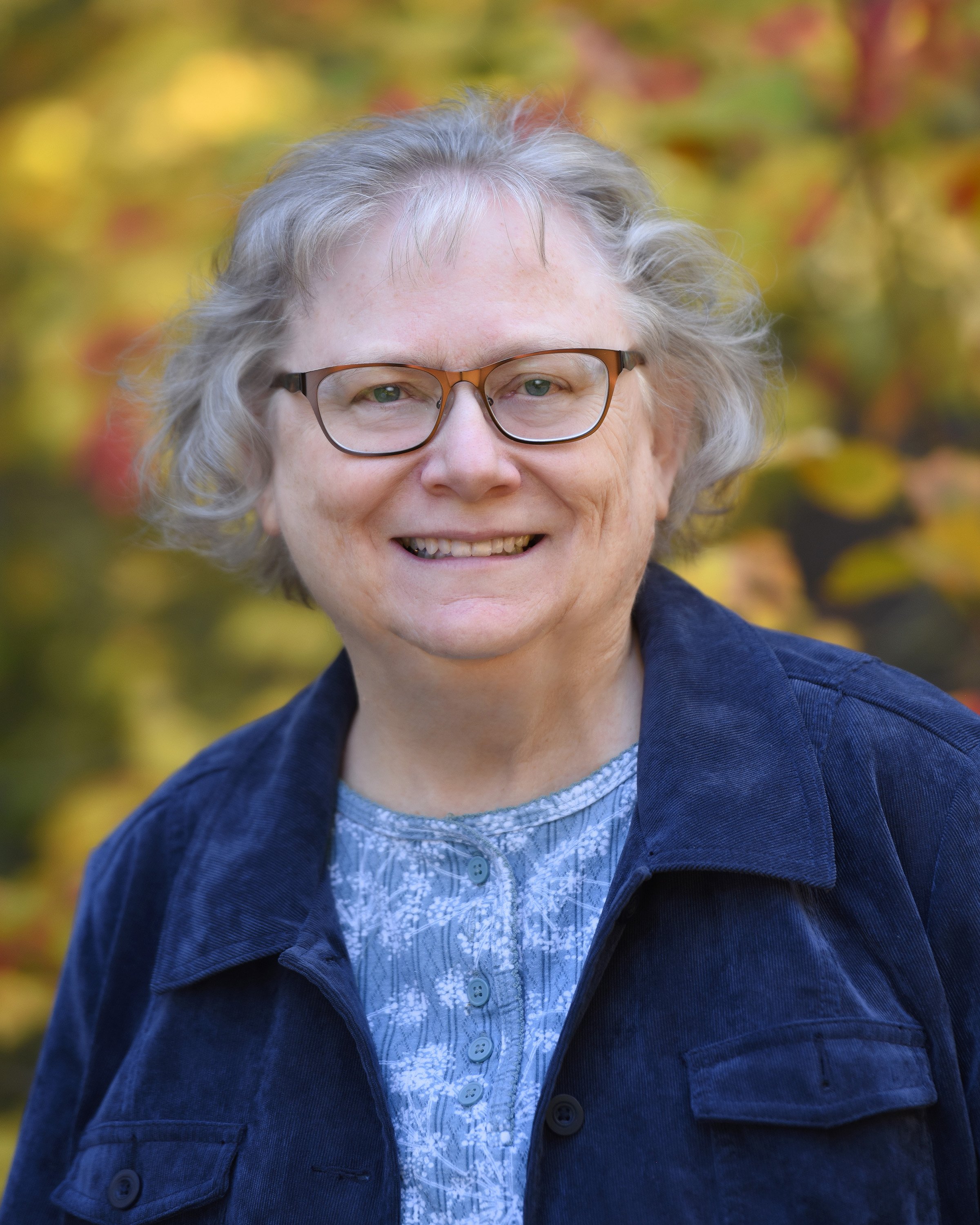 Yikes! Just as I was starting to write this post following-up on the discussion engendered by my penultimate post, I learned that I made an egregious (and embarrassing) mistake regarding Mayflower passengers in the sketch on Samuel Maverick – I made the mother of Rebecca Allerton, who married Sam’s brother Moses Maverick, her step-mother, Fear (Allerton) Brewster. This is the second time I’ve done something like this – the first was back in the beginning of the project when I made Samuel Fuller’s uncle his father. After forty years of working with Mayflower families, I used to know all of this like the back of my hand, but the backs of my hands these days are getting wrinkly and veiny, and clearly the back of my mind has had to shed some information to make room for all the new material coming in from the Early New England Families Study Project. I just have to remember to remember that.
Yikes! Just as I was starting to write this post following-up on the discussion engendered by my penultimate post, I learned that I made an egregious (and embarrassing) mistake regarding Mayflower passengers in the sketch on Samuel Maverick – I made the mother of Rebecca Allerton, who married Sam’s brother Moses Maverick, her step-mother, Fear (Allerton) Brewster. This is the second time I’ve done something like this – the first was back in the beginning of the project when I made Samuel Fuller’s uncle his father. After forty years of working with Mayflower families, I used to know all of this like the back of my hand, but the backs of my hands these days are getting wrinkly and veiny, and clearly the back of my mind has had to shed some information to make room for all the new material coming in from the Early New England Families Study Project. I just have to remember to remember that.
This sort of leads us back to where I left off last time – suggesting that genealogists not wait for someone else to finish the Great Migration or Early New England families or their family genealogy. Yes, a generation of academic genealogists has been working relentlessly toward creating a professional model of genealogical research. The good part of this is that we have a lot of very good genealogists following approved methodologies and creating new and improved genealogies all the time.
The Catch-22 part is the tendency to anoint “professional” genealogists as experts to the extent that everyone else stands back and waits for them to do everything. New researchers can see the complexities of compiling genealogies under these high standards, so it is logical for them to think that there is some magical point of experience one must attain before one is even allowed to compile a genealogy, much less publish it, but if you don’t practice, how do you learn to play the instrument?
Just do it and stop worrying about getting it perfect the first time. You will learn. Don’t let anyone dissuade you from trying just because they want it done precisely this way or that. Do be conscientious about learning best practices, good methodologies and clear presentation. Then find ways to share and compare – blogs, websites, the bulletin board at your cat clinic, whatever.
Think of it this way. With tens of thousands of families in need of good, solid genealogical treatment, if you don’t do it, it may never get done.
Share this:

About Alicia Crane Williams
Alicia Crane Williams, FASG, Lead Genealogist of Early Families of New England Study Project, has compiled and edited numerous important genealogical publications including The Mayflower Descendant and the Alden Family “Silver Book” Five Generations project of the Mayflower Society. Most recently, she is the author of the 2017 edition of The Babson Genealogy, 1606-2017, Descendants of Thomas and Isabel Babson who first arrived in Salem, Massachusetts, in 1637. Alicia has served as Historian of the Massachusetts Society of Mayflower Descendants, Assistant Historian General at the General Society of Mayflower Descendants, and as Genealogist of the Alden Kindred of America. She earned a bachelor’s degree from the University of Connecticut and a master’s degree in History from Northeastern University.View all posts by Alicia Crane Williams →